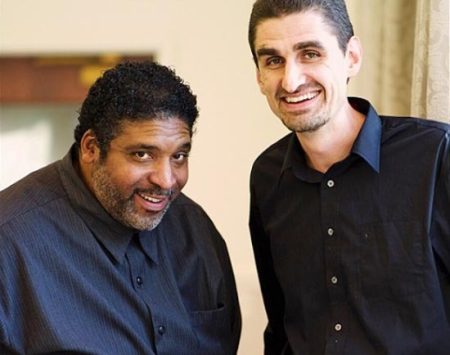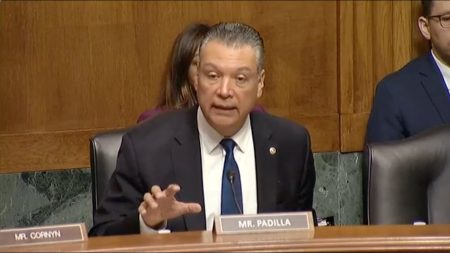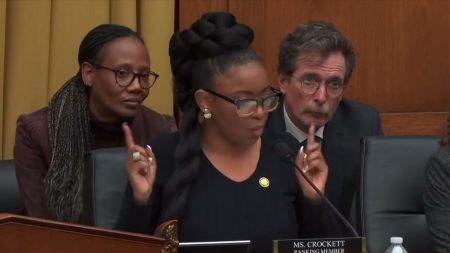The Growing Pessimism of a Lifelong Optimist
By Moe White
I’m am optimist about almost everything. When my preferred candidate, Hillary Clinton, lost the 2008 nomination to Barack Obama, I was optimistic that my Obama-supporting friends were right in assuring me he was the better choice.
My preference for Hillary was based on the fact that she had been through the Republican attack machine, first with her husband’s presidential campaigns, then her own for Senate. She was tough; she knew what to expect and was ready and willing to punch back hard at every Republican attack.
Her problem was that if she had punched back hard against Obama in the primaries, she would have jeopardized the enthusiasm of African Americans for the Democrats, as happened when her husband did so. So she held back and was seen as a statesmanlike loser instead of a prizefighting winner (and, of course, an evil cookie-hating bitch). But, I thought, and Hillary warned, when the Republicans start to attack, Obama “won’t know what hit him.”
Yet I admired the new president’s resolute belief in bipartisanship and
cooperation, though I didn’t share it. His history was of bringing
opponents together, not choosing sides in a brawl. Being an optimist, I
assured myself that he would get tough and stand up to the rightwing
obstruction machine. And when the Republicans, virtually without
exception, opposed the Lily Ledbetter equal-pay act a few weeks into
Obama’s presidency, and opposed the stimulus bill the next month, I
wasn’t surprised, only mildly disappointed, that he wasn’t fighting
back, either in Congress or the media.
But when they started fighting against health insurance reform in May,
I, like millions of others, wondered where he was. He let the corporate
right wing draw lines in the sand without drawing any of his own. Each
time they stepped across the line and drew another one still farther
from the center, he backed away to give them more room.
By the time the Senate was ready to vote in December, the Republicans
were right in Obama’s face, and he had given away much of the store,
including meaningful leverage over insurance companies’ rate changes,
any enforceable controls over pharmaceutical costs, and any real
competition — a public option or Medicare for all — to for-profit
insurers.
On Christmas eve, having demanded and received scores of compromises
that “moderates” promised would gain their votes, every single
Republican senator, without exception, voted against the bill. The same
thing happened with Wall Street reform, as it had happened with the
Detroit bailouts.
They promised that if he’d only give in on this or that or both, they’d support him.
They promised, and they lied. They lied on January 20, 2009, and they
lied every day between then and November 2, 2010. Republicans lie
because they have no moral qualms about lying. And when a group of
people lies to you over and over and over, and you STILL stand there and
say, “Still I believe in you,” you are either a fool or naïve or a
messiah.
I don’t think Obama is the messiah, and I don’t think he’s a fool. He’s a
brilliant, caring, and incredibly naïve man who, as Hillary had warned,
didn’t know what hit him. And who now acts surprised that his party was
given “a shellacking.”
On numerous occasions over the past 18 months I wrote to the president,
both actual letters mailed to the White House and email notes to his
website, urging him to be tough with the Republicans. I told him that,
out here in reality-land, we understood that the Republicans were lying,
would lie, always lied; we knew that no matter what they said they
would oppose every piece of legislation he proposed.
I told him that the only honest Republican in America was Rush Limbaugh,
who spoke for the entire party when he proclaimed, “I want the
president to fail.” I asked him what it was that he didn’t understand
about his opponents’ blatant, anti-American cynicism, why, being once
burned, he wasn’t twice shy. I was not alone; tens of thousands of
people told him the same thing.
The answer we got, invariably, was that the administration was working
diligently with both parties in both houses of Congress to “change”
Washington, to pass legislation in a “bipartisan” manner, to find
“common ground” — with our enemies!
Now, after the election, I find it hard to imagine President Obama will
start fighting. People don’t change their character; they simply respond
with their old character to a new situation. Obama is not a fighter;
he’s a common-grounder, a conciliator, a compromiser. All of which is
wonderful, except that conciliators don’t fight, they conciliate.
From everything I’ve seen over the ten years that he’s been on the
national radar, Barack Obama refuses to admit that some people are
beyond conciliation. He cannot accept that some people, if they ever
find themselves actually standing on common ground with him, will
deliberately step off it so as to proclaim that there is none.
Conciliators debate, they don’t even put on their boxing gloves; dirty
fighters take theirs off and start punching. Obama will debate, and
Republicans will fight. And unless he changes his entire character to
admit that, he will be the one bleeding on the floor — because in
today’s America, in today’s Washington, in today’s media world, there
are no debates, there are only fights.
As a progressive who believes in the platform that got Obama elected in
2008, I want a fighter in the White House. As long as the Republicans
are fighting against everything that makes America a great and wonderful
land, I want someone to fight for the things I believe in, and that the
president says he believes in — liberty, justice, equality, fairness
and opportunity for all, a chance at the American dream. If Mr. Obama
won’t fight for me, I’ll start looking for someone else who will.








